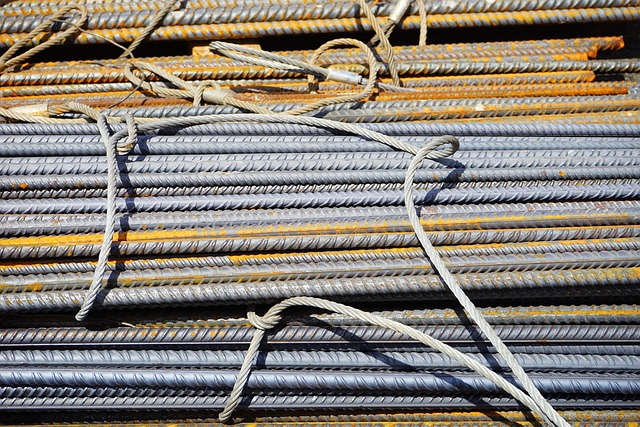In an era where sustainability is more critical than ever, the concept of material flow analysis (MFA) has emerged as a transformative tool for companies striving to enhance their efficiency while minimizing their ecological footprint. This systematic approach allows for comprehensive tracking of material usage across various stages, helping organizations identify wasteful practices and optimize resource allocation.
Sustainable development relies on the careful management of natural resources to ensure that future generations can enjoy a healthy environment. By employing material flow analysis, businesses can gain insights into the lifecycle of materials they use, from extraction to disposal. This holistic view enables them to reduce waste, streamline processes, and ultimately, create a positive impact on the planet.
One of the most significant advantages of embracing material flow analysis is its focus on green technologies. By understanding the flow of materials, companies can identify opportunities to integrate more sustainable technologies into their operations. Whether it’s switching to renewable raw materials or innovating more efficient processes, MFA paves the way for organizations to lead in the green technology space.
Additionally, the pursuit of being carbon neutral is increasingly becoming a critical goal for many businesses. By applying material flow analysis, companies can track their carbon emissions linked to different materials and processes. This tracking can unveil areas where energy consumption can be reduced, leading to lower carbon outputs and a step closer to achieving carbon neutrality. The data-driven insights afforded by MFA empower businesses to make informed decisions, ensuring they progress toward their sustainability targets.
As society continues to grapple with climate change and resource depletion, the urgency for businesses to adopt practices that support sustainability cannot be overstated. The insights obtained from material flow analysis can illuminate paths to more efficient operations that not only save costs but also contribute to a healthier ecosystem. As companies strive to reduce their ecological footprint, MFA becomes an indispensable ally in fostering a more sustainable future.
Furthermore, the integration of material flow analysis into business strategies cultivates a culture of continuous improvement. Organizations that actively seek to refine their material flows demonstrate a commitment to sustainability that resonates with consumers and stakeholders alike. This dedication enhances brand reputation and fosters loyalty, ultimately driving long-term success in a world increasingly focused on sustainability.
In essence, material flow analysis serves as a guiding light for organizations aiming to maximize efficiency through sustainable practices. It aligns operational excellence with ecological responsibility, creating pathways to a future where businesses can thrive while positively impacting the planet. By leveraging MFA, companies are not just tracking materials; they are becoming stewards of the environment, transforming the way we interact with our world for the better.




